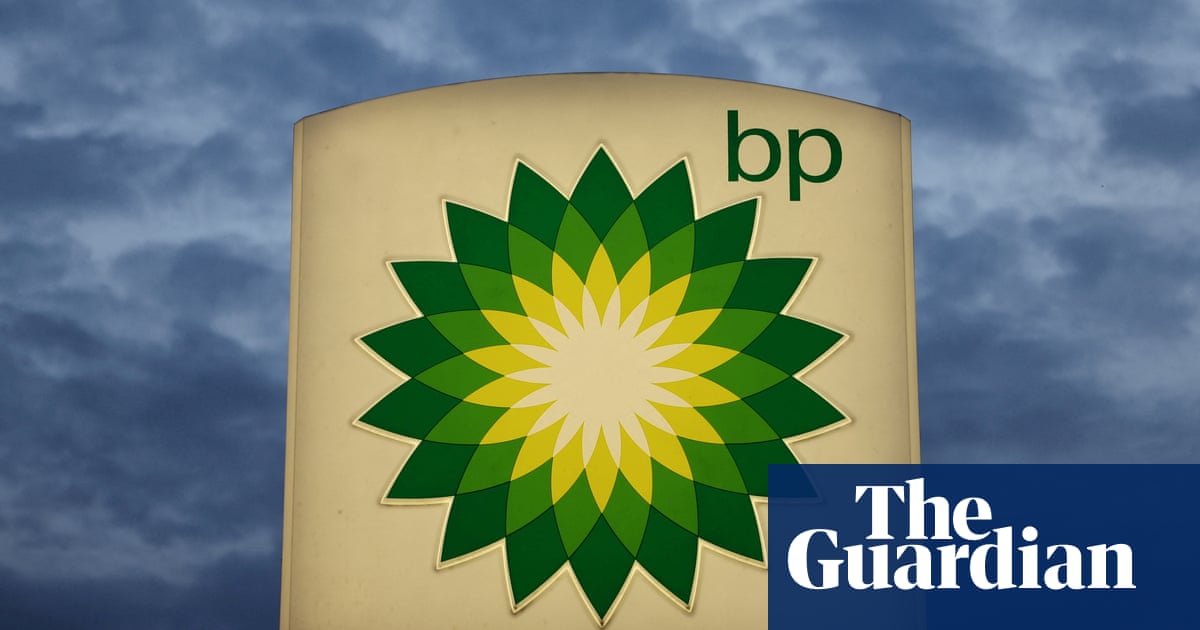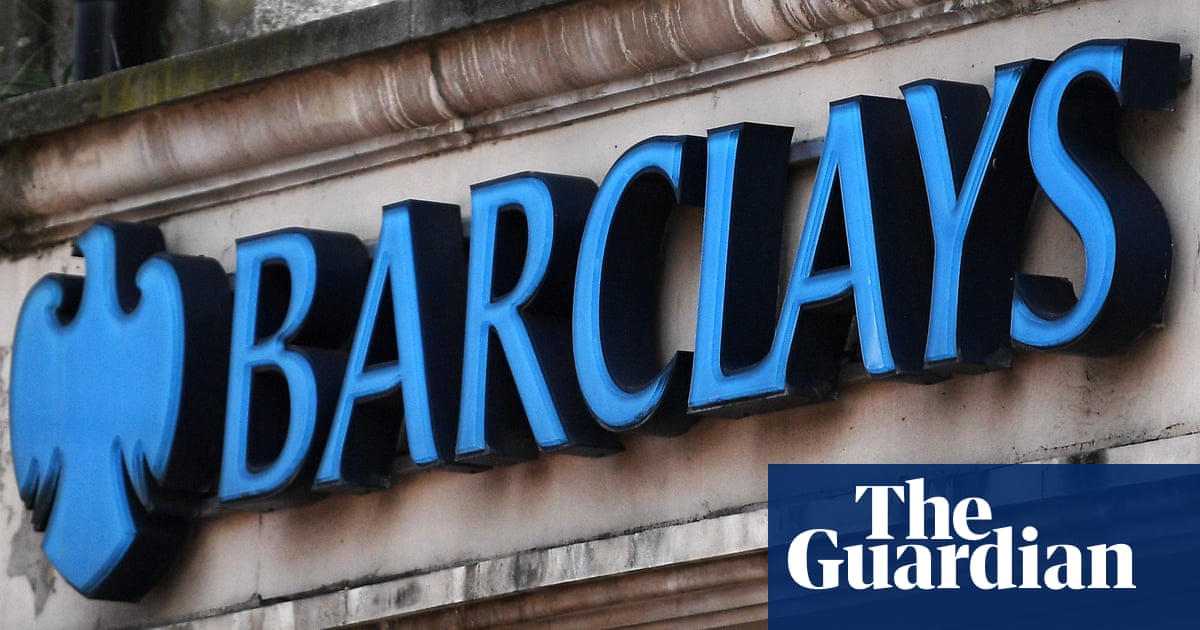
BP said it would cut $2bn (£1.6bn) in costs from its business by the end of 2026 after reporting worse than expected profits for the first quarter of the year.
The oil company revealed that its underlying profits fell to $2.7bn for the first three months of 2024 even as it grew its oil and gas production.
Its profits fell from $5bn in the first quarter of last year, to below analyst predictions of almost $2.9bn, in part owing to falling gas prices and an unplanned outage at a large BP refinery in the US.
BP told investors it would maintain the pace of its share buybacks despite the worse than expected start to the year by acquiring $3.5bn of shares in the first half of the year.
BP has paid a total of $27.4bn to shareholders since Russia’s invasion of Ukraine in February 2022 triggered a surge in global oil and gas prices and record profits across the industry, according to analysis by Global Witness.
BP’s payouts have lagged behind its rivals after the company was forced to take a post-tax charge of $24.4bn after exiting its almost one-fifth shareholding in the Russian oil company Rosneft and its other businesses in Russia.
The world’s largest oil company, Saudi Aramco, set out plans to pay total dividends of $124.3bn this year, up almost 30% compared with last year, when it also increased payments by 30% to $97.8bn. The payouts are set to rise even after the company reported worse than expected net income of $27.3bn for the first quarter, down from $31.9bn a year ago, compared with an expected net income of $27.6bn.
BP chief executive, Murray Auchincloss, told investors that the company would begin a programme to save $2bn in cash costs by 2026 compared with 2023 levels.
The former chief financial officer, who replaced Bernard Looney after the latter’s shock exit last September, said he planned to make the savings by choosing fewer new projects to invest in over the coming years.
“We have 32 projects to consider over 2024 and 2025,” Auchincloss said. “And 32 is too many – we don’t have the engineers or the capital to do them all. So we need to high grade our portfolio to focus on the best ones.”
Auchincloss did not rule out scaling back BP’s planned spend of between $4bn-$6bn a year on low-carbon energy projects in the second half of the decade, and said investment decisions would be “returns driven”.
He said BP would decide on which projects to pursue before deciding on whether to translate its stated “aim” to reduce oil and gas emissions by between 20% and 30% from 2019 levels by the end of the decade into a firm target.
Auchincloss is under pressure to increase BP’s market valuation, which has suffered in the years since his predecessor set out a “net zero” plan that originally aimed to cut the company’s oil production by 2030 while its rivals plan to grow their fossil fuel production.
He has promised a more “pragmatic” approach to BP’s green targets that can create a higher value company for shareholders by moving towards net zero “without wasting money”.
BP’s lagging share price has underscored fears that oil companies may choose to abandon the London Stock Exchange in favour of a US listing, where oil companies command higher valuations. Shell created fears of an oil company exodus from the LSE after warning that it has considered moving to New York to improve its market valuation.
“It’s not on our agenda,” said Auchincloss. “I believe that the way that we can drive our share price higher is through a laser-beam focus on safety and performance. That’s what drives value.”
BP’s annual profits halved last year to almost $14bn after weaker oil and gas market prices caused revenues to fall across the industry. However, the annual profits were still the second-highest reported by BP in more than a decade.











